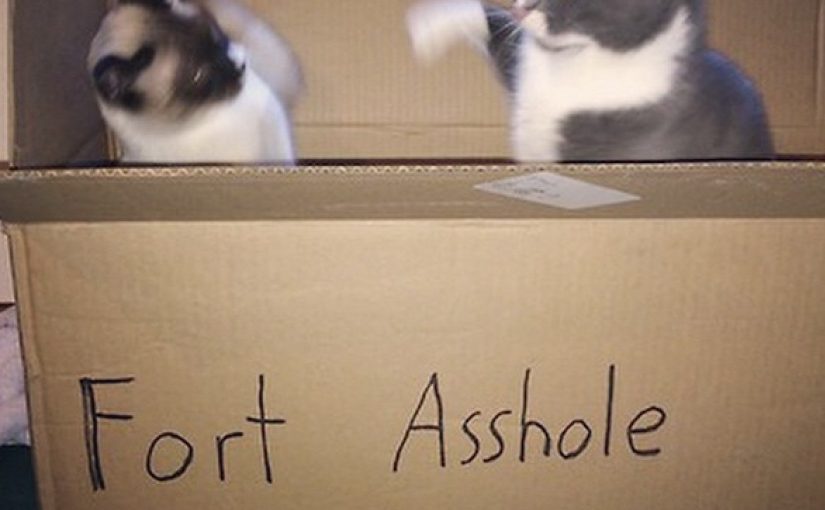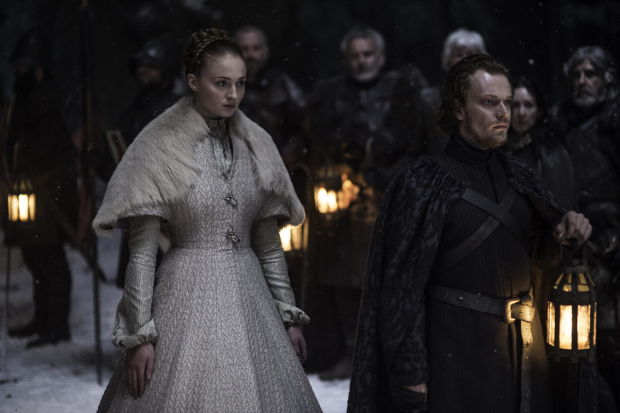In Beowulf, the term “peace-weaver” is used to describe noblewomen who are married to an enemy clan in an attempt bring peace. The role isn’t an easy one, and a bard sings the story of Hildeburh: a peace-weaver whose husband breaks the truce and she loses her husband, brother, and son in the hostilities that inevitably break out again. Hildeburh is a tragic character pulled between strong, opposing loyalties, but she is also an exemplary one; she does her best to keep the peace and pretty much does everything as right as you can considering the situation. The use of Hildeburh’s story is more of a foreshadowing device, but I still remember being struck by what a raw deal she had.
For most of Western history, marriage was about two men formalizing a political or economic bond through use of a woman. Whether the woman was kind or pretty or intelligent didn’t really matter as long as she was related by blood to one of them and able to make blood-related babies with the other. Women were used as a way to strengthen individual families and as societal soothing device. How a woman was as a flesh-and-blood human being seemed inconsequential unless she was rebellious (in which case, tame that shrew) or very rich and influential (in which case, it’s important to get invited to her parties.) That’s not to say that there weren’t amazing women in the past, we’ve just lost most of their stories because their marriages didn’t stop or start wars.
Continue reading The Peace-Weavers


